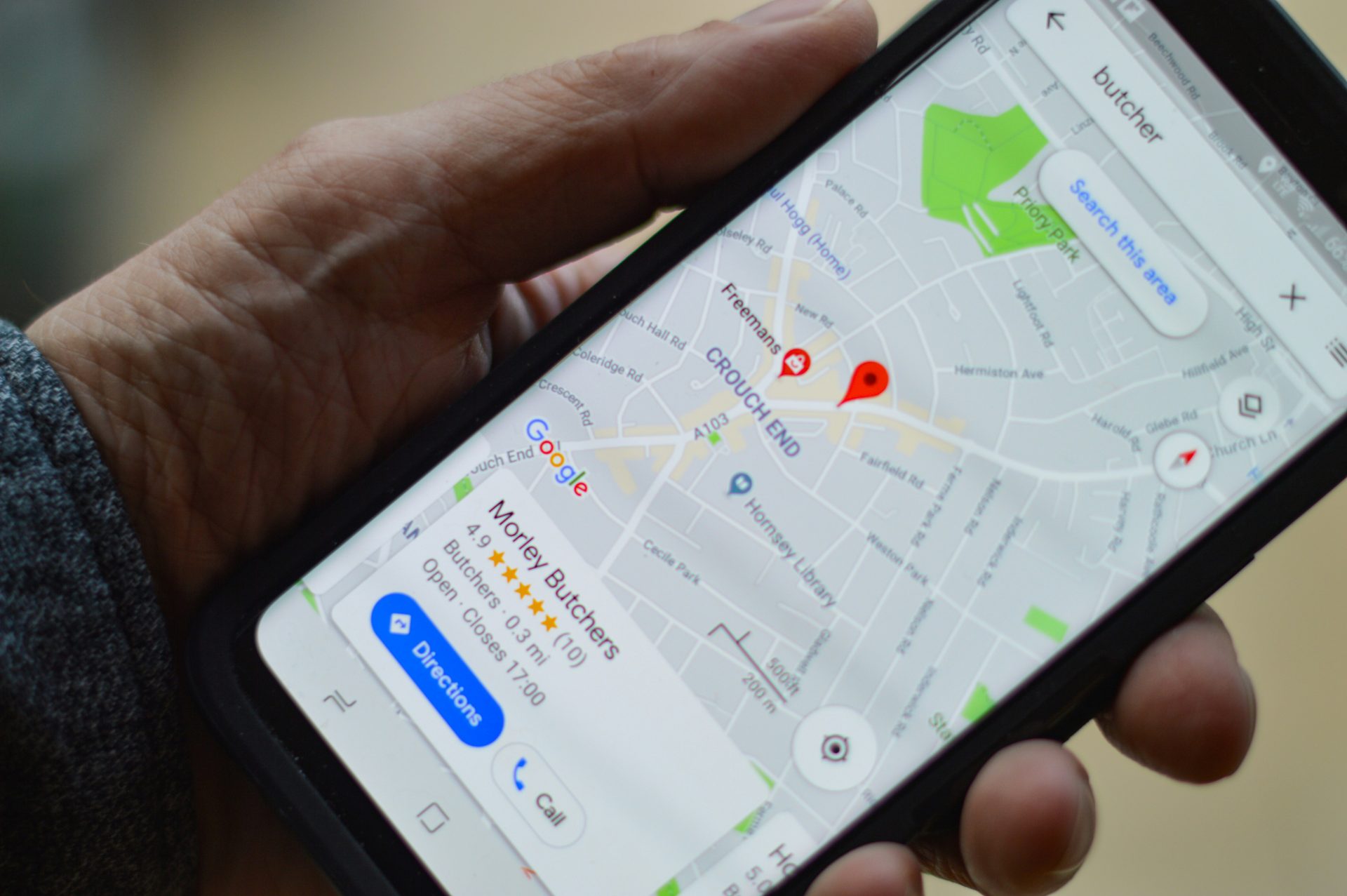Prospective tourists from the US are now being cautioned about the dangers of using GPS navigation systems in South Africa, but this warning came too late for one American couple currently embroiled in a lawsuit with Google. They were attacked last year in Nyanga while following directions provided by Google Maps.
During their vacation in South Africa in October, Jason and Katharine Zoladtz were hijacked and robbed at gunpoint in Nyanga, guided there by Google Maps. The attack was violent; a brick thrown through their rental car window shattered Jason’s jaw.
The couple was en route to the airport to switch their rental car for a sturdier vehicle before a scheduled game drive. After the attack, with Jason unconscious, they were helped by a police officer who took them to a local hospital. Complications with their travel insurance followed, and without any means to make payments after the robbery, Jason endured hours of waiting before he could undergo surgery.
The incident involving the Zoladtz couple is among several recent attacks in the area. Notably, US tourist Walter Fischel was shot there under similar circumstances, using Google Maps for navigation just weeks after the Zoladtz’s ordeal.
An article in the Daily Maverick reveals that over 200 criminal incidents have been recorded along a section of the N2 and R300 highways near the attack site. Consequently, a travel advisory warning now appears on the US Department of State’s website, cautioning against GPS use in South Africa. The advisory states:
“Using GPS navigation can lead to unsafe routes. GPS navigation may suggest shortcuts through townships as the quickest preferred route but can lead to increased risks of crime. There have been incidents in which tourists travelling in Cape Town while using GPS navigation apps have been routed through residential areas with high rates of violent crime.”
The advisory also recommends a safer route from Cape Town airport to the city.
In response to these incidents, Google met with Cape Town officials and decided to reroute Maps to avoid Nyanga due to safety concerns. Google also pledged to cooperate with the city in modifying routes around high-crime areas.
After the attack, the Zoladtz couple returned to the US and sued Google for negligence in January. They argue that Google’s decision to reroute traffic after the incident implies an acknowledgment of its duty to prevent foreseeable harm to its users. They claim that both South African and US authorities had previously warned Google about the high crime rates in the area, yet no preventive measures were taken.
In April, Google requested the dismissal of the case, arguing there was no legal basis to hold them responsible for the attack. While expressing sympathy for the couple, Google maintained that the assailants were to blame.
Google also resisted claims that it should avoid mapping routes through high-crime areas, stating that such a policy would unfairly redline these zones.
The court was set to decide on the dismissal in May, but following some amendments made by the couple’s legal team concerning the wording of Google’s responsibilities, a revised dismissal motion was filed by Google. The court is now scheduled to make a decision in November.
#Warns #Tourists #GPS #Couple #Attacked #Nyanga #Continues #Fight #Google



